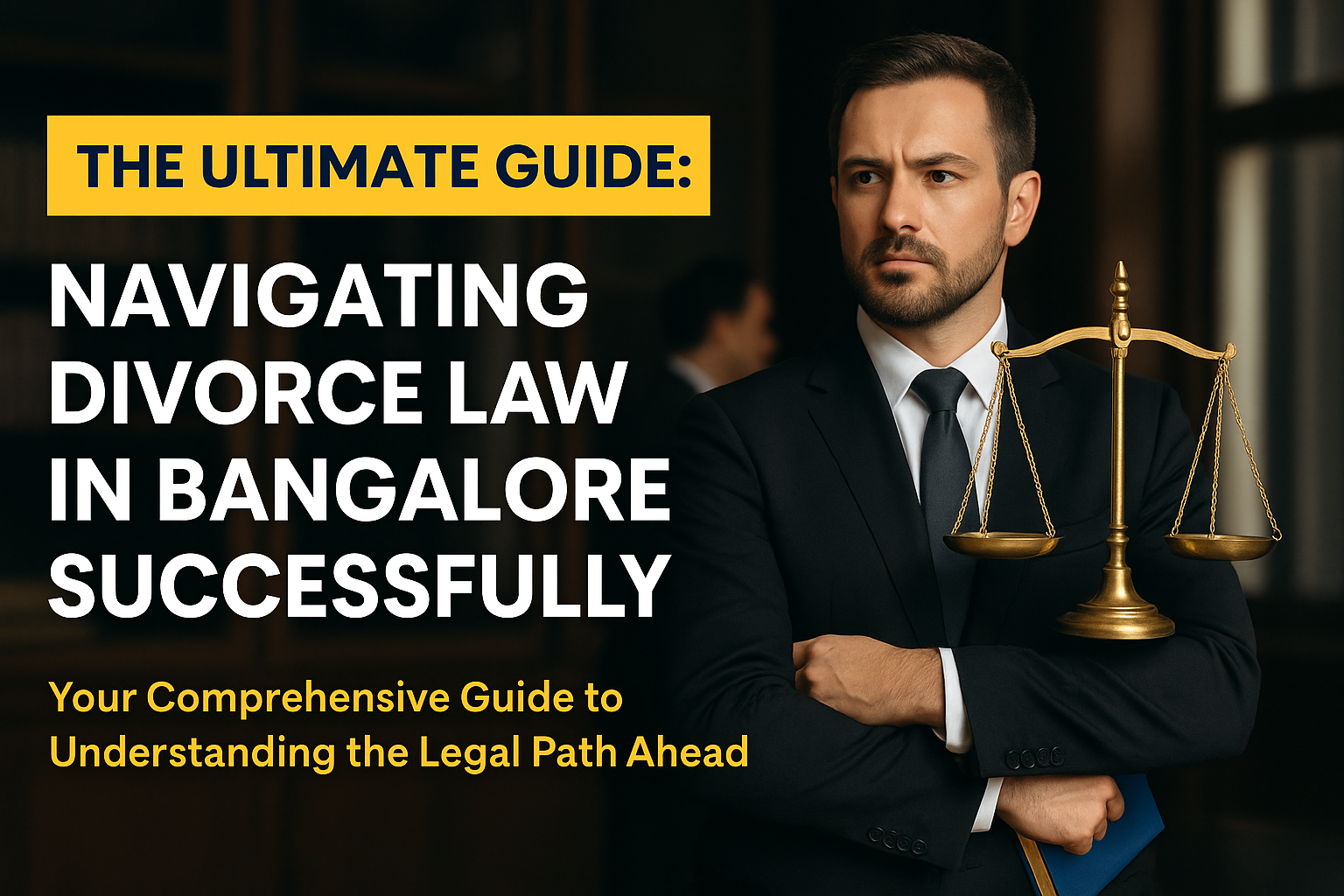
Blog
The Ultimate Guide: Navigating Divorce Law in Bangalore Successfully Understanding the Path Ahead: Divorce Law in Bangalore Divorce is undoubtedly one of life’s most challenging experiences. It’s not just an emotional upheaval; it’s a complex legal process that requires careful navigation, especially in a bustling metropolis like Bangalore. If you find yourself contemplating or facing

